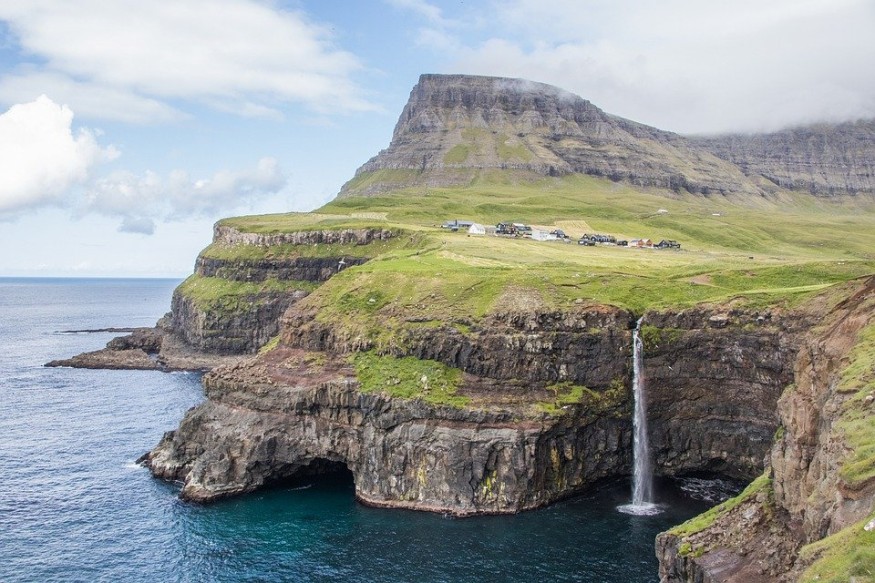
The Faroe Islands, a group of autonomous islands located between Iceland and Norway and under the jurisdiction of Denmark, have come up with an innovative way to take care of their home and welcome visitors at the same time. It will be closed down to tourists for a portion of 2020 in a bid to preserve its ecosystem from the droves of visitors who venture to the region each year.
On its spring cleaning, the Faroe Islands will shutter its doors to tourists the weekend of April 16-17 in 2020 unless they want to help locals keep the rocky isles clean and unspoiled.
The tourist office of the Danish autonomous region reports that 111,000 people traveled to the archipelago last year. The fragile natural environment in a few popular tourist locations has felt the effects of around a 10% growth in visitors over recent years.
Volunteers will not have to pay for food, accommodation or transport, but they will have to pay for return flights from their countries of origin and will participate in 14 projects located all over the archipelago.
In spring 2019, they invited 100 volunteers from 25 countries to join forces with locals to lay the groundwork for a sustainable future. The pilot project saw the temporary closure of ten popular tourist sites in the Faroe Islands.
"Projects completed by the maintenance crews over the weekend included creating walking paths in well-trodden areas, constructing viewpoints to help preserve nature and protect birdlife sanctuaries, re-building ancient cairns and erecting signs and posts to aid wayfinding," said the tourism board.
Fourteen tourist sites will be closed to the public, including Slættaratindur. The "working weekend" in 2020 is expected to be very similar to the one in 2019.
People all over the island archipelago will be working on conservation projects and, as the tourism board puts it, "delivering a touch of TLC to the Faroese countryside."
You have to register in advance at www.visitfaroeislands.com to join.
People who are just dying to visit the Faroes during that weekend can sign on to help with the housekeeping.
Guðrið Hojgaard, director of the island's tourist board, has been selected by Politico as one of the 28 people most likely to "shape the world in 2019".
According to Højgaard, Director at Visit Faroe Islands, "For us, tourism is not all about numbers. We welcome visitors to the islands each year, but we also have a responsibility to our community and to our beautiful environment, and our aim is to preserve and protect the islands, ensuring sustainable and responsible growth."
The volunteers will partake in maintenance projects in the Faroese countryside, including rebuilding tunnels, repairing walkways and draining places that have flooded.
Inhabited by about 50,000 people and 80,000 sheep, the islands draw visitors to their dramatic scenery.
The Faroese pride themselves on inventiveness and practicality, thus the tourism increase over the past 5 years.
Residents of this Gásadalur in Vágar, one of the Faroe Islands, relied on intermittent boat access below the cliffs or, more commonly, braved the 45 degree-slope of a narrow track that climbs 500 metres over the mountain south of the village.
This article is copyrighted by Travelers Today, the travel news leader



